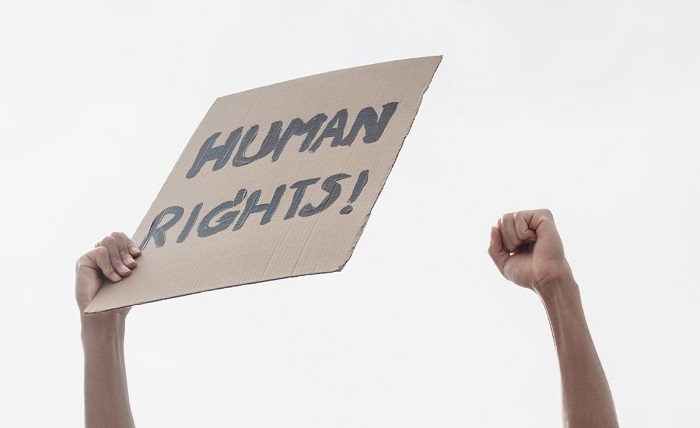
A language is a powerful tool in advocating for human rights! The use of local languages can help to amplify the voices of marginalized communities, particularly those who may not speak or understand the dominant language! In India, Hindi is one of the most widely spoken languages & therefore plays a significant role in promoting and protecting human rights!
The Importance of Human Rights:
Human rights are essential to the dignity of all individuals, regardless of their background, identity, or status! These rights are universal and inalienable & include the right to life, freedom & equality before the law! By protecting human rights, we can ensure that every person is able to live with dignity, respect, & more justice!
The Role of Hindi in Promoting Human Rights:
Hindi is the most widely spoken language in India, with over 40% of the population using it as their first language! As such, it is crucial that human rights advocacy is conducted in Hindi to ensure that the messages reach a wider audience! By using Hindi, we can break down language barriers and ensure that everyone, regardless of their background, can access information about their rights!

Advocating for Human Rights in Hindi:
There are several ways in which we can advocate for human rights in Hindi! Firstly, we can translate important documents, such as the Universal Declaration of Human Rights, into Hindi to ensure that they are accessible to everyone! Additionally, we can use social media platforms & other digital tools to share information about human rights in Hindi! Finally, we can work with local communities & organizations to raise awareness about human rights issues & encourage people to speak up for their rights!
The Challenges of Advocating for Human Rights in Hindi:
While Hindi is an important language for human rights advocacy, there are also several challenges that need to be addressed! One of the biggest challenges is the prevalence of dialects & variations of Hindi, which can make it difficult to create a standardized language that is accessible to everyone! Additionally, there are also issues with illiteracy & lack of education, which can make it difficult for people to access information about their rights!
Conclusion:
In conclusion, the use of Hindi in human rights advocacy is crucial for promoting & protecting the dignity of all individuals in India! By breaking down language barriers & ensuring that information about human rights is accessible to everyone, we can create a more just and equitable society! While there are challenges that need to be addressed, it is important that we continue to prioritize the use of Hindi in our efforts to advocate for human rights!



